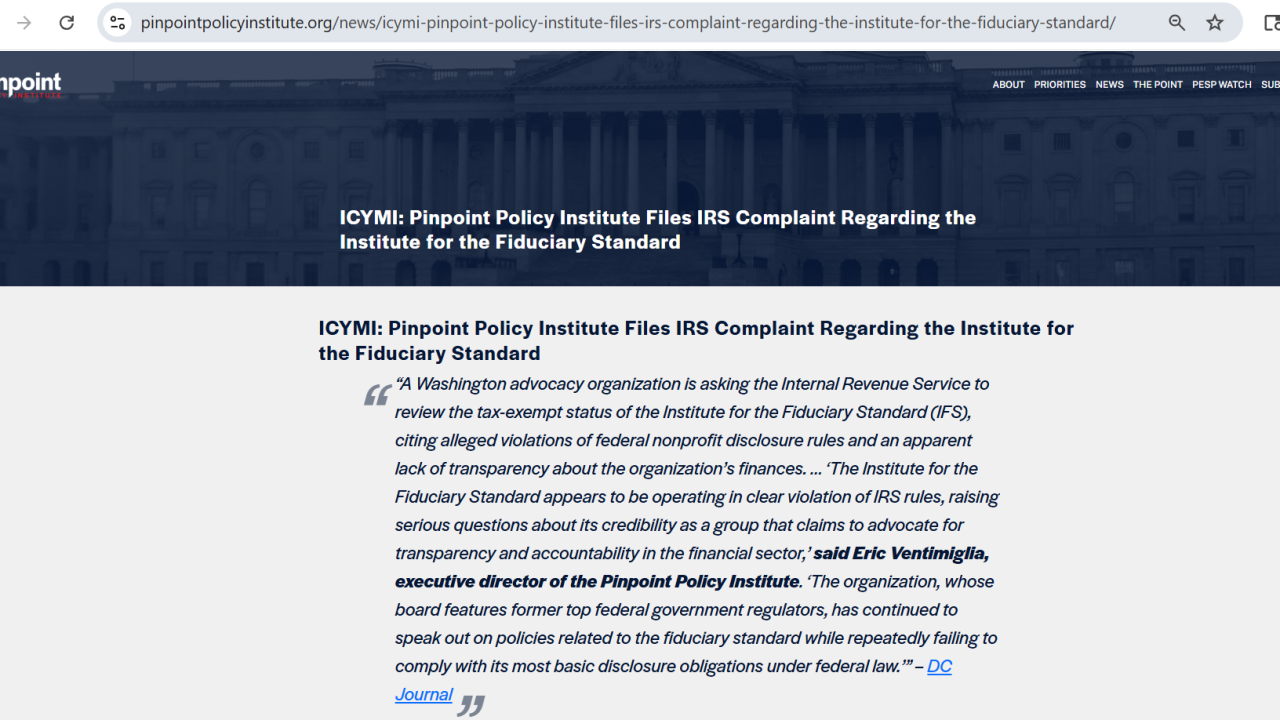A bipartisan group of lawmakers are seeking to make sure an extension of the deduction for state and local sales tax payments is included in the tax extenders package that is expected to come before Congress early next year.
The effort is being led by Rep. Kevin Brady, R-Texas, and Jim McDermott, D-Wash., who are two senior members of the tax-writing House Ways and Means Committee. They were joined by 66 other members of Congress from both parties, who sent a letter Friday to Ways and Means Chairman Dave Camp, R-Mich., and ranking Democratic member Sander Levin, D-Mich.
The lawmakers who signed the letter mainly come from seven states without a state individual income tax: Florida, Nevada, South Dakota, Texas, Tennessee, Washington and Wyoming. Their states are heavily dependent on revenues from sales taxes.
Brady helped lead the effort to restore the deduction after a 16-year absence. “This is an issue of fairness,” he said in a statement. “Since 2004, when the deduction was restored, Congress has agreed that taxpayers in sales tax states should be treated equally in the tax code as taxpayers in states that rely upon an income tax. Sales taxes add up for families. We’re trying to protect them from a significant tax increase and help them stretch their pocket books a little further.”
Taxpayers in the seven states who itemize their deductions have come to depend on the provision, the lawmakers pointed out. In 2009 nearly 850,000 Washington state taxpayers claimed a total of $1.8 billion in deductions for state and local sales taxes on their federal income tax returns, while 2.1 million taxpayers in Texas claimed $3.9 billion, according to figures from the IRS.
“Washington State’s businesses and taxpayers rely on the deduction for state and local sales tax,” said McDermott. “Without it, taxpayers in states without an income tax, like Washington and Texas, will shoulder a larger piece of the federal tax burden. We depend on a system that treats the residents of all states fairly and equally, and extending this deduction ensures that.”
Congress has mainly been focused lately on extending the payroll tax cut and federal emergency unemployment benefits, but a large group of other tax breaks are also due to expire at the end of the year. Even if they expire, however, Congress will be able to allow the tax breaks to be claimed retroactively if it passes the extenders package next year.





